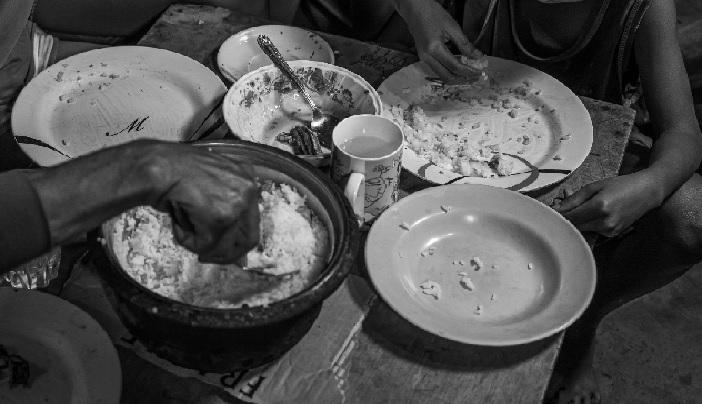2M Filipino kids ‘severely food poor’ — UNICEF

Two million children in the Philippines are severely food poor, a report by the United Nations Children’s Fund (UNICEF) showed.
According to UNICEF, four out of five children are fed only breastmilk or milk and staple foods such as rice, corn, or wheat while less than 10% are fed fruit and vegetables.
Meanwhile, less than 5% are fed nutrient-dense foods such as eggs, fish, poultry, or meat.
UNICEF said that children who consume two of eight defined food groups are considered to be in severe child food poverty.
The eight food groups are breastmilk, grains and roots, pulses and nuts, dairy products, meat, poultry and fish, eggs, Vitamin A-rich fruits and vegetables, and other fruits and vegetables.
“Children living in severe food poverty are children living on the brink. This can have an irreversible negative impact on their survival, growth, and brain development,” UNICEF Representative to the Philippines Oyunsaikhan Dendevnorov said in a statement.
“Children who consume just rice and some vegetable soup a day are up to 50% more likely to experience severe forms of malnutrition,” she added.
The report also found that one in five children consume unhealthy foods and/or sweet beverages.
Meanwhile, to end child food poverty, UNICEF called on governments, organizations, the civil society, and the food and beverage industry to transform food systems so that healthy foods are accessible and affordable.
It also called on stakeholders to leverage health systems to deliver essential nutrition services as well as support for community health and nutrition workers to counsel families on child feeding practices.
UNICEF also called on protection systems to address income poverty.
The non-profit organization released its 92-page 2024 Child Nutrition Report, which it said examines the status, trends, inequities and drivers of child food poverty in early childhood, including the impact of global and local food and nutrition crises.
UNICEF said the report used data from its global database, which is composed of data from 670 nationally representative surveys conducted in 137 countries and territories.—Joahna Lei Casilao/AOL, GMA Integrated News



